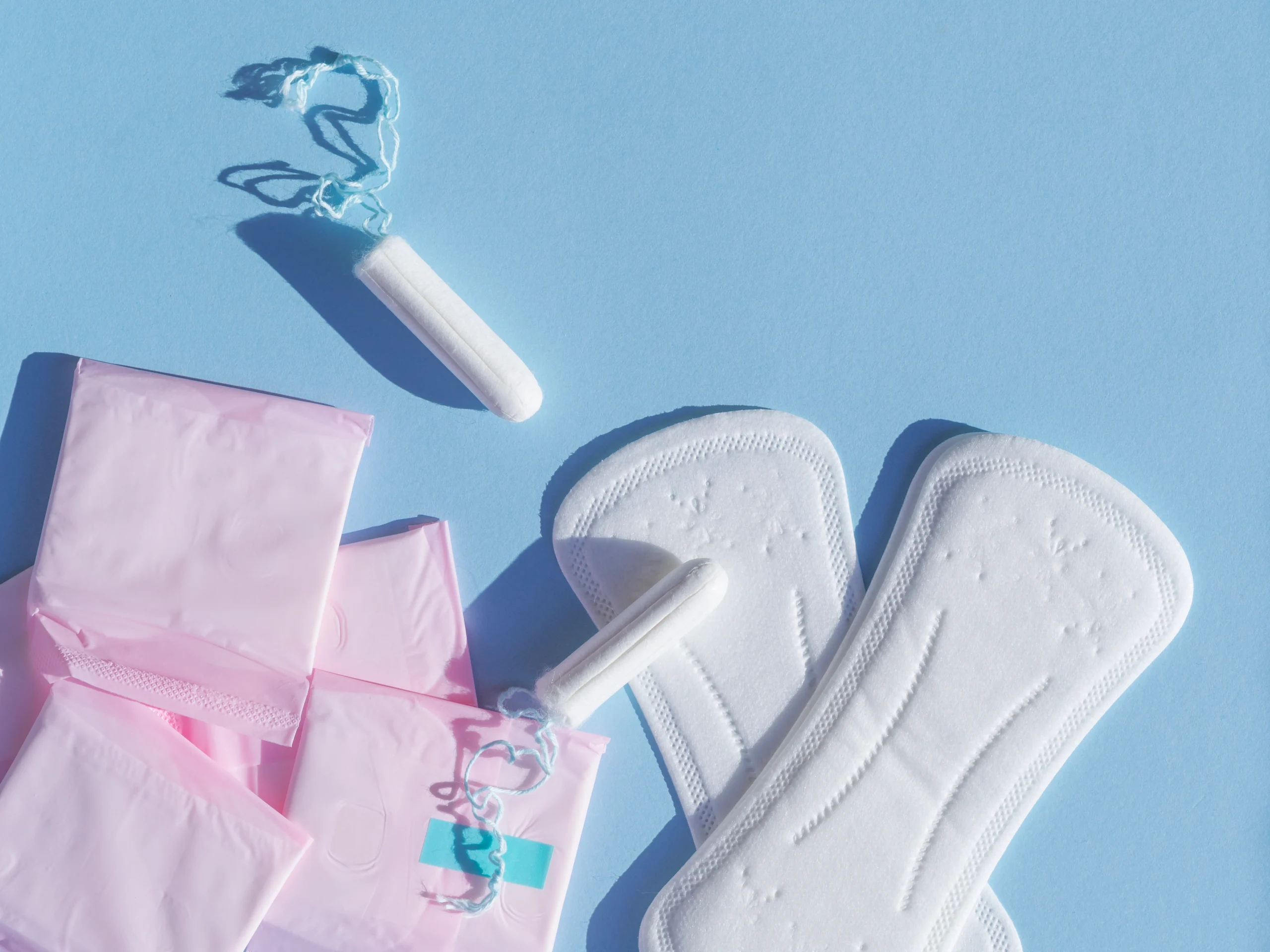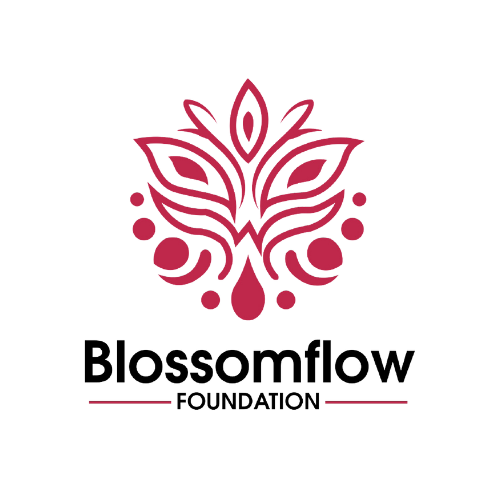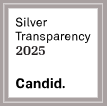
Why Access to Free Menstrual Products Is a Basic Human Right
In recent years, the conversation surrounding menstrual health has gained significant momentum, and with it, a growing awareness that access to menstrual products is not just a matter of convenience but a basic human right. For millions of people around the world, the inability to afford or access essential menstrual products has far-reaching consequences, impacting their health, education, and economic opportunities. Despite this, many individuals continue to face barriers to obtaining sanitary pads, and other menstrual products. In this blog, we will explore why access to free menstrual products is not just a matter of hygiene, but a fundamental human right, and why governments and societies should take urgent action to address this issue.
Menstruation Is a Natural Biological Process, Not a Luxury
Menstruation is a natural, biological function that affects half of the world’s population at some point in their lives. On average, a person with a uterus will menstruate for about 40 years, making menstruation an inherent and ongoing part of life. Yet, despite its universality, society has historically treated menstruation as something shameful, inconvenient, or even invisible. This attitude has contributed to the stigmatization of menstruation and has perpetuated the belief that menstrual products are an optional or luxury item rather than a basic necessity.
When viewed through the lens of human rights, it becomes clear that the availability of menstrual products is not a privilege but an essential part of maintaining dignity and health. Just as individuals have access to clean water, food, and healthcare, access to free menstrual products should be seen as equally important in ensuring that everyone can live freely, without fear or shame, during their menstrual cycles. Access to free menstrual products is critical for upholding dignity and equality for all.
The Impact of Period Poverty
Period poverty, the inability to access or afford menstrual products is a global issue that affects millions of people. According to reports, one in four individuals who menstruate in Nigeria and across many parts of Africa struggle to afford menstrual products. In low-income regions of the continent, this challenge is even more pronounced due to inadequate infrastructure, limited access to menstrual health education, and the high cost of sanitary products. These economic barriers disproportionately affect women and girls, leading to missed school days, poor health outcomes, and increased social stigma around menstruation. The lack of affordable menstrual products exacerbates existing gender inequalities and hampers efforts to ensure that everyone can manage their menstrual health with dignity and safety.
-
Health Implications
Without access to proper menstrual products, people are forced to use unhygienic alternatives like cloth, newspapers, or even leaves, which can lead to infections and health complications. These unsanitary practices can result in conditions such as urinary tract infections (UTIs), yeast infections, and bacterial vaginosis, which can have long-term effects on reproductive health. Ensuring access to free menstrual products is crucial for preventing these harmful health outcomes.
-
Educational Disruption
For many young people, particularly girls, the lack of access to menstrual products often leads to missed school days. According to a study by UNESCO, one in 10 girls in sub-Saharan Africa misses school due to menstruation. This missed time compounds the gender disparity in education and can prevent girls from achieving their full academic potential. The stigma surrounding menstruation can also lead to embarrassment, making it difficult for young people to attend school confidently during their periods. Access to free menstrual products in schools could help mitigate this issue, allowing students to stay engaged with their education without fear of embarrassment.
-
Economic Setbacks
The financial burden of purchasing menstrual products can be overwhelming for low-income families. In many countries, menstruation-related expenses are considered an additional cost that people living in poverty cannot afford. This creates a cycle of financial strain, as people have to prioritize other essential needs like food and healthcare over menstrual products. Access to free menstrual products could ease this burden, allowing people to allocate their resources to other vital areas of their lives.
-
Social and Psychological Impact
Period poverty leads to a sense of shame, embarrassment, and social exclusion. People who cannot afford menstrual products often experience humiliation and a sense of being “othered,” particularly in public or social settings. These negative feelings can significantly affect mental health, leading to anxiety, depression, and low self-esteem. In extreme cases, the shame associated with menstruation can lead to social withdrawal, making it difficult for individuals to engage in normal life activities. Access to free menstrual products is a vital step in breaking the cycle of isolation and stigma, promoting better mental well-being.
Menstruation Is a Human Right, and So Is Access to Menstrual Products
The right to menstruate with dignity and in a healthy, hygienic manner is embedded in several fundamental human rights, including the right to health, education, and equality. Denying individuals access to menstrual products infringes upon these rights, perpetuating inequality, and exacerbating poverty.
-
The Right to Health
Menstrual hygiene is directly linked to an individual’s overall health and well-being. The right to health, as outlined in Article 25 of the Universal Declaration of Human Rights (UDHR), encompasses the right to access medical care, clean water, food, and sanitation—all of which are interconnected with menstruation. The inability to access sanitary products compromises an individual’s ability to maintain basic hygiene, posing a threat to their health and safety. Access to free menstrual products is essential for ensuring that people can maintain proper hygiene and protect their health.
-
The Right to Education
Every person, regardless of gender, has the right to education, as affirmed by the UDHR and the Convention on the Elimination of All Forms of Discrimination Against Women (CEDAW). When individuals miss school due to menstruation, their right to education is violated. Access to free menstrual products would eliminate one of the primary barriers to attending school, ensuring that menstruation does not prevent anyone from receiving an education.
-
Gender Equality
Menstrual products are critical for promoting gender equality. Menstruation is a biological process that affects women, but it is often a source of discrimination and gendered inequality. By providing free access to menstrual products, societies can work toward breaking down the stigma surrounding menstruation and eliminate one of the barriers to equality that disproportionately affects women and marginalized groups.
Addressing the Issue: What Needs to Be Done?
-
Government Action
Governments must recognize that access to free menstrual products is a public health issue and a human rights issue. Many countries have taken steps toward this goal, with Scotland becoming the first country in the world to provide free menstrual products to all who need them. Other countries, including New Zealand and Canada, have introduced programs aimed at reducing period poverty. However, more needs to be done globally to ensure universal access to free menstrual products.
-
Schools and Institutions
Schools should provide free menstrual products in their restrooms and health offices to ensure that students do not miss classes due to menstruation. Higher education institutions should also follow suit, offering free products in their restrooms, particularly for students who come from low-income backgrounds.
-
Community-Based Solutions
Community organizations and non-profits can play a crucial role in distributing free menstrual products to individuals in need. Initiatives such as donation drives, product distribution programs, and partnerships with local businesses can help bridge the gap in access.
-
Private Sector Involvement
Corporations and businesses can contribute by supporting initiatives that provide free menstrual products to those who cannot afford them. Corporate social responsibility (CSR) programs can help address period poverty by donating products or funding organizations like blossomflow foundation working on this issue.
Conclusion
Access to free menstrual products is not a luxury, it’s a fundamental human right that impacts health, education, gender equality, and dignity. By providing access to free menstrual products, societies can ensure that no one is forced to choose between their health and other basic needs. Menstruation is a natural part of life for millions of people, and it’s time that we recognize and address the challenges that period poverty imposes on individuals, particularly those from marginalized communities. Access to free menstrual products is essential for building an inclusive society where all individuals can thrive, free from shame and stigma, and with the dignity they deserve.
For more information, visit our Blog Section.
All Categories
Recent Posts
Why SDG 4 Cannot Be Achieved Without Ending Period Poverty
Tags
Give them a helping hand
Every donation fuels our mission to combat period poverty. Your generosity brings us closer to menstrual equity.
+234-909-482-1642
inquiries@blossomflow.org




